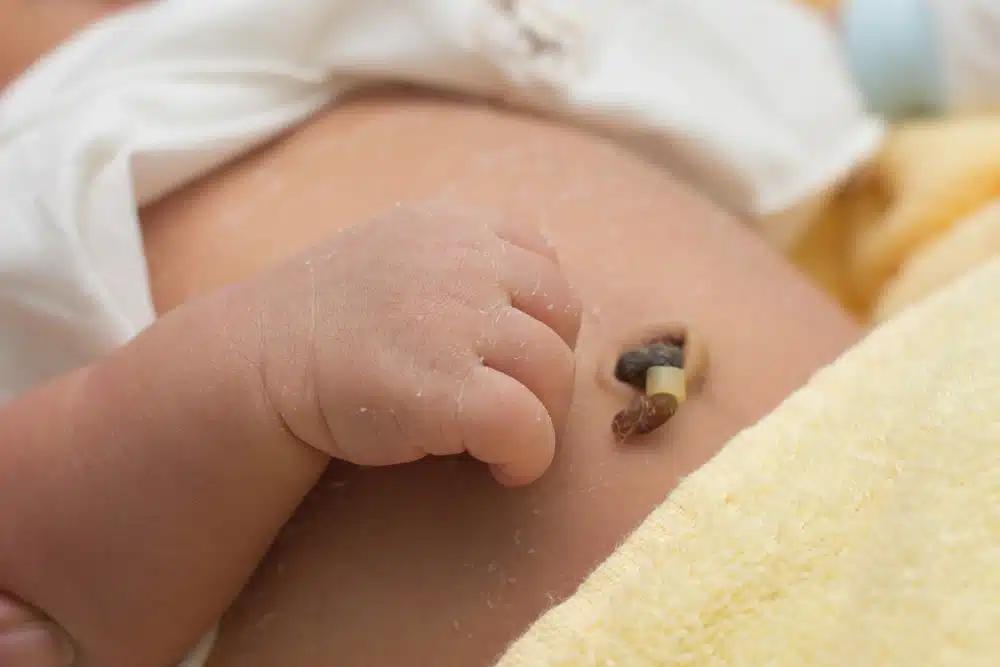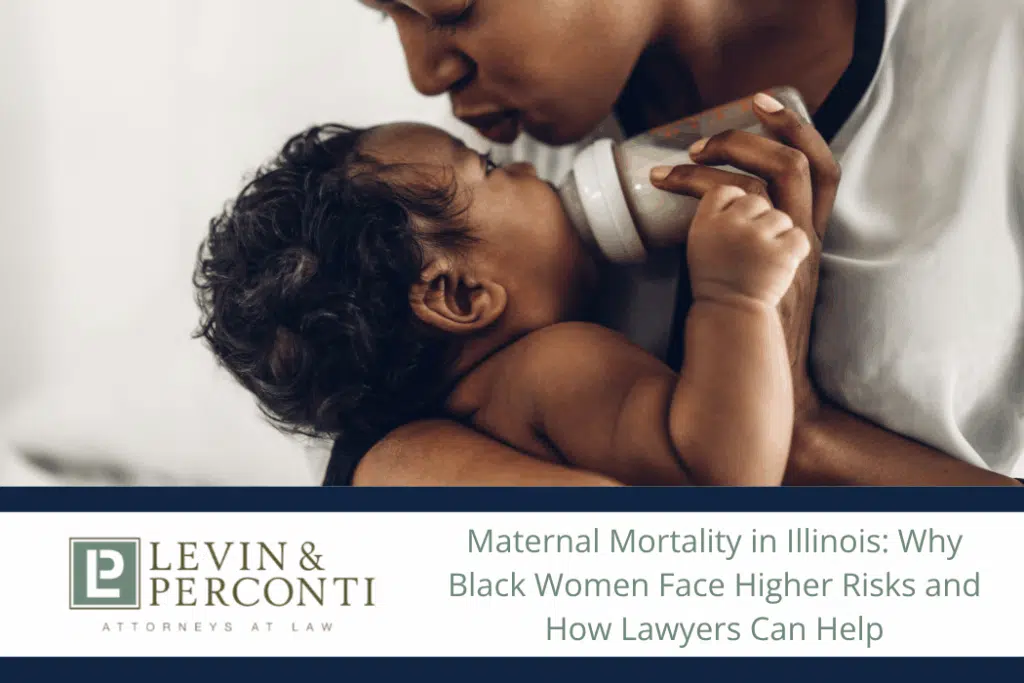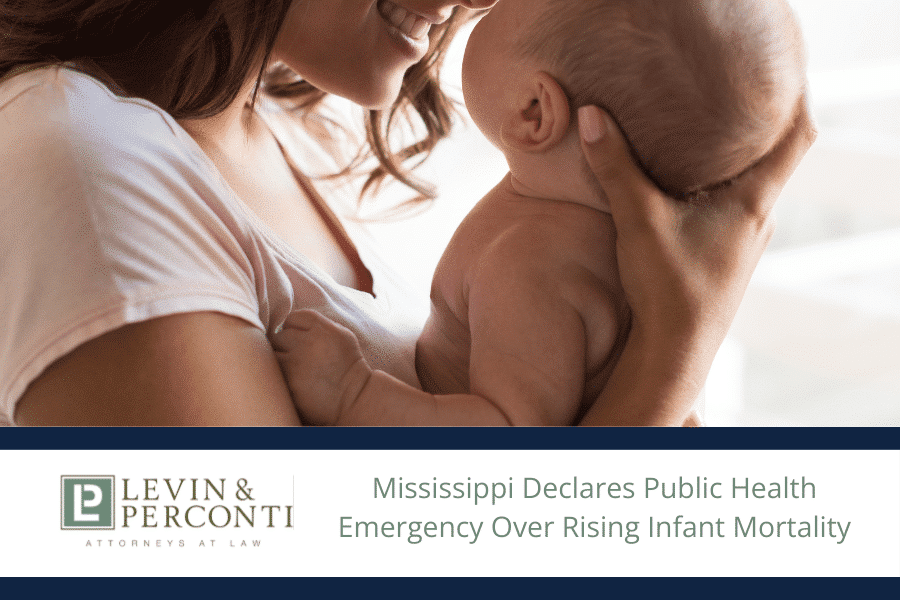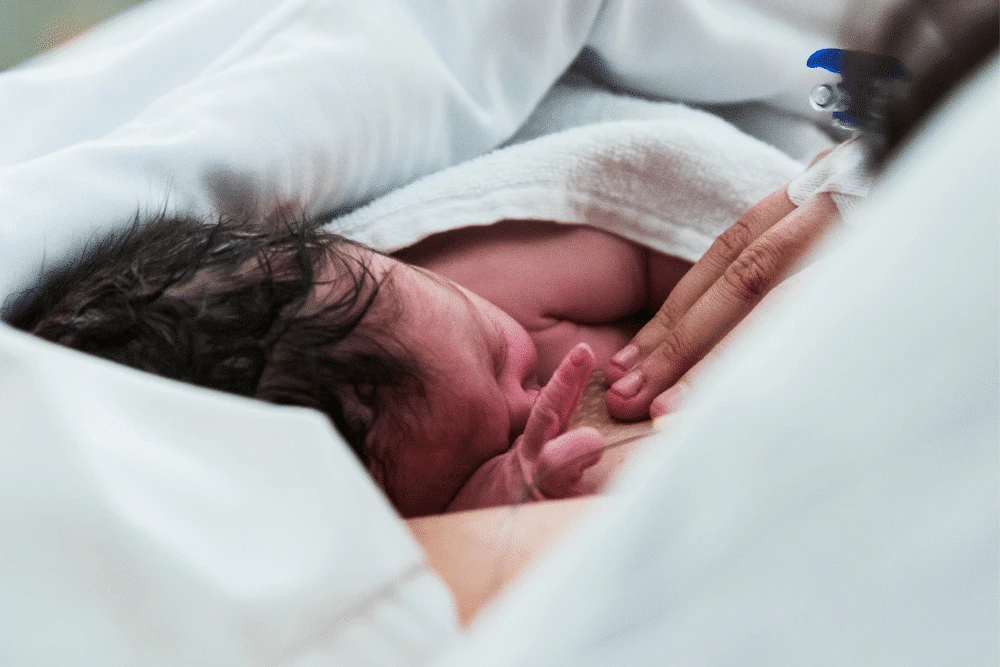
Read Bio
Since 1979, Dov Apfel has been passionate about advocating for birth injury and medical malpractice victims. Mr. Apfel’s career-long record of achievements in birth injury litigation, education, and advocacy has been recognized by the Executive Board of the Birth Trauma Litigation Group of the American Association for Justice. His expertise is demonstrated by his numerous awards, presentations on birth injury topics at legal conferences for organizations like the AAJ and ATLA, and articles published by Trial Magazine and many others.
Read Bio
Since 1979, Dov Apfel has been passionate about advocating for birth injury and medical malpractice victims. Mr. Apfel’s career-long record of achievements in birth injury litigation, education, and advocacy has been recognized by the Executive Board of the Birth Trauma Litigation Group of the American Association for Justice. His expertise is demonstrated by his numerous awards, presentations on birth injury topics at legal conferences for organizations like the AAJ and ATLA, and articles published by Trial Magazine and many others.
New Legislation Aimed to Save Lives and Reduce Disparities Impacting Mortality in Black Mothers and Black Babies
Women of color, more so non-Hispanic Black mothers, suffer adverse maternal health outcomes at disproportionately high rates, as much as 3 to 4 times those of their white counterparts. In response, the Black Maternal Health Momnibus Act of 2021 has been unveiled alongside 12 bills to address the significant health inequities Black mothers are at risk for. While the newly proposed legislation could impact the growing concern for Black women’s health across the U.S., the related challenges are especially problematic in Illinois, where an average of 19 Black women in Chicago dies within 12 months of giving birth, making their deaths nearly six times higher than whites.
According to the U.S. House of Representatives and members of the Black Maternal Health Caucus, The Black Maternal Health Momnibus Act is designed to:
- Make critical investments in social determinants of health that influence maternal health outcomes, like housing, transportation, and nutrition
- Provide funding to community-based organizations that are working to improve maternal health outcomes and promote equity
- Comprehensively study the unique maternal health risks facing pregnant and postpartum veterans and support VA maternity care coordination programs
- Grow and diversify the perinatal workforce to ensure that every mom in America receives culturally congruent maternity care and support
- Improve data collection processes and quality measures to better understand the causes of the maternal health crisis in the United States and inform solutions to address it
- Support moms with maternal mental health conditions and substance use disorders Improve maternal health care and support for incarcerated moms
- Invest in digital tools like telehealth to improve maternal health outcomes in underserved areas
- Promote innovative payment models to incentivize high-quality maternity care and non-clinical perinatal support
- Invest in federal programs to address the unique risks for and effects of COVID-19 during and after pregnancy and to advance respectful maternity care in future public health emergencies
- Invest in community-based initiatives to reduce levels of and exposure to climate change-related risks for moms and babies
- Promote maternal vaccinations to protect the health and safety of moms and babies.
Two of the state’s Democratic Senators, Tammy Duckworth and Dick Durbin, have supported the Act.
Black Babies Also Have Concerning Mortality Rates
In 2019, NPR reported that losing a baby before its first birthday happens far more often to Black mothers than other women in Illinois. Even more alarming, as many as 34% of Black infants over a two-year average will not make it to age 1. Studies have shown that racism is a driving factor in the disparate infant mortality rates in Illinois, no matter the mother’s economic status.
Legal Help in Understanding Black Women Maternal Death and Black Infant Wrongful Death
If you suspect medical negligence or believe a racial disparity or racism may have contributed to an injury or death of your unborn baby or infant, please contact Levin & Perconti toll-free at 877-374-1417, or in Chicago at (312) 332-2872 for a FREE consultation.





